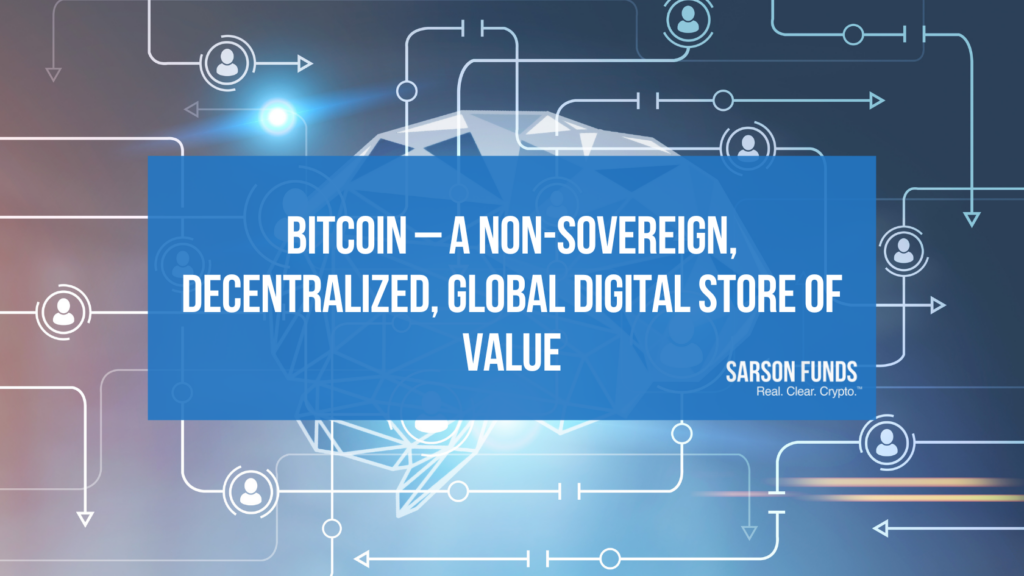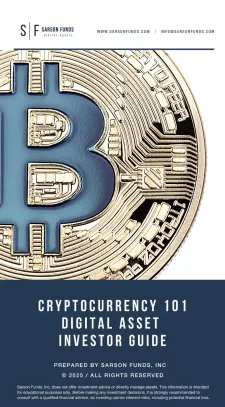
Bitcoin has solidified its status as a unique financial asset, commonly described as a non-sovereign, decentralized, global digital store of value. This emerging financial technology offers an alternative to traditional currencies and provides a hedge against central bank policies.
-
Non-Sovereign Currency
Bitcoin operates independently of any nation-state or central authority. Unlike fiat currencies, which are subject to government policies and central bank controls, Bitcoin’s non-sovereign nature ensures that it remains free from intervention. This makes it an attractive option for individuals and institutions seeking alternatives to government-issued money, especially in uncertain financial climates.
-
Hard Cap Supply
One of Bitcoin’s most significant features is its hard cap, with a total supply limited to 21 million coins. This finite supply underpins Bitcoin’s value as a decentralized store of value, preventing it from being devalued by inflationary pressures, a risk often associated with traditional fiat currencies.
-
Global Access
Bitcoin operates as a borderless digital currency, accessible to anyone with an internet connection. Its decentralized global nature makes it an invaluable financial tool for people in regions with limited access to banking or traditional financial services.
-
Immutable Ledger
Bitcoin’s blockchain technology ensures all transactions are recorded on an immutable public ledger. This unchangeable, transparent record eliminates the need for third-party oversight and solidifies Bitcoin’s position as a trustworthy digital store of value.
-
Decentralization
Bitcoin’s decentralized structure means that no single entity controls it. Thousands of independent nodes help secure and maintain the network, ensuring its resistance to censorship and manipulation. As a non-sovereign, decentralized store of value, Bitcoin is seen as a secure and censorship-resistant medium for global transactions.
-
Digital Store of Value
Increasingly, Bitcoin is recognized as a digital store of value, often compared to gold for its ability to preserve wealth. However, Bitcoin is also being referred to as “digital real estate,” a term popularized by Michael Saylor. Saylor justifies this by comparing Bitcoin’s limited, decentralized supply to prime real estate in the digital realm, where ownership is scarce and valuable. He has even suggested that Bitcoin could reach a market cap of $100 trillion, positioning it as the ultimate digital asset in a world where capital is seeking secure, non-inflationary stores of value.
-
Hedge Against Central Bank Policies
Bitcoin’s fixed supply and decentralized nature make it a potential hedge against central bank policies, particularly in scenarios where monetary expansion and inflation threaten the value of fiat currencies. For investors looking for an asset shielded from inflationary risks, Bitcoin stands as a non-sovereign, decentralized store of value outside traditional financial systems.
Disclosures: Not investment advice. The Author, Sarson Funds, Inc. and its affiliated managers may hold positions in the projects mentioned. Talk with your financial advisor before making any investment decisions or have them contact Sarson Funds directly at [email protected].









